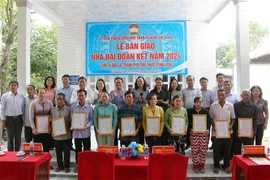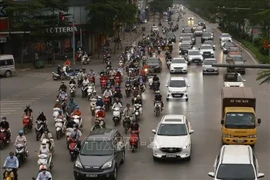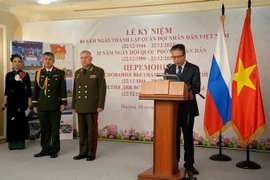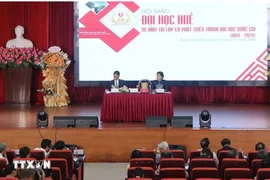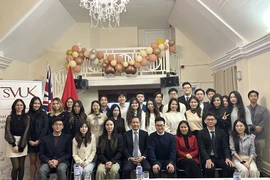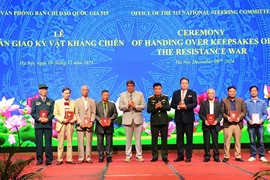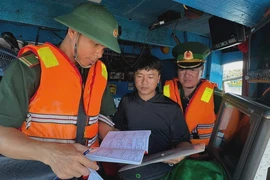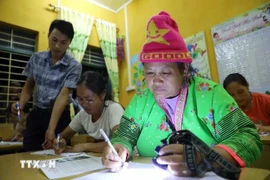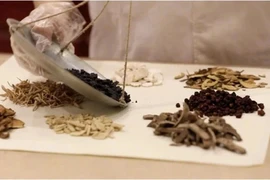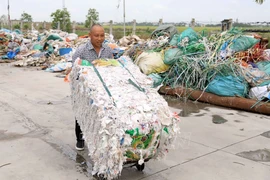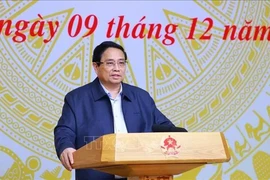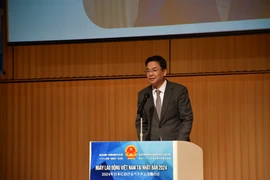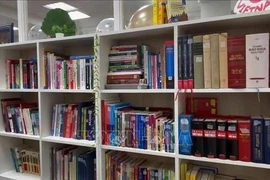To adapt to the complicated epidemic situation in the capital, recently Secretary of the Hanoi Party Committee Dinh Tien Dung asked localities to pilot home quarantine of F1 cases; pilot treatment of mild and asymptomatic F0 at health facilities of wards, communes, and townships.
Up to now, many localities in Hanoi have piloted F1 home quarantine such as 10 on 10 wards in Nam Tu Liem district, some wards in Hoan Kiem and Ha Dong districts, etc. The F1 cases that were quarantined at home mainly are elderly people with underlying medical conditions, pregnant women, and people under 18 years of age.
To be able to be quarantined at home, it is necessary to ensure that mandatory standards are met. Specifically, the family of an F0 case must have an application for permission; the family's facilities must be ensured (with own room and separate toilet for the F0 case); the family must have a person to take care of and collect the waste of the F0 case according to regulations. Besides, the locality must send forces to participate in monitoring the F0 case.
Home quarantine of F1 cases is considered by the people and the F1s themselves as more convenient and more comfortable.
All localities have limited resources, and forces involved in the fight against the epidemic, are doing a lot of hard work. Therefore, home quarantine of F1 cases will reduce the load on the health sector.
From November 16, Hanoi also allowed voluntary concentrated quarantine of close contact (F1) cases at hotels. This will help to reduce load to the health sector, and at the same time meet the needs of many people./.

